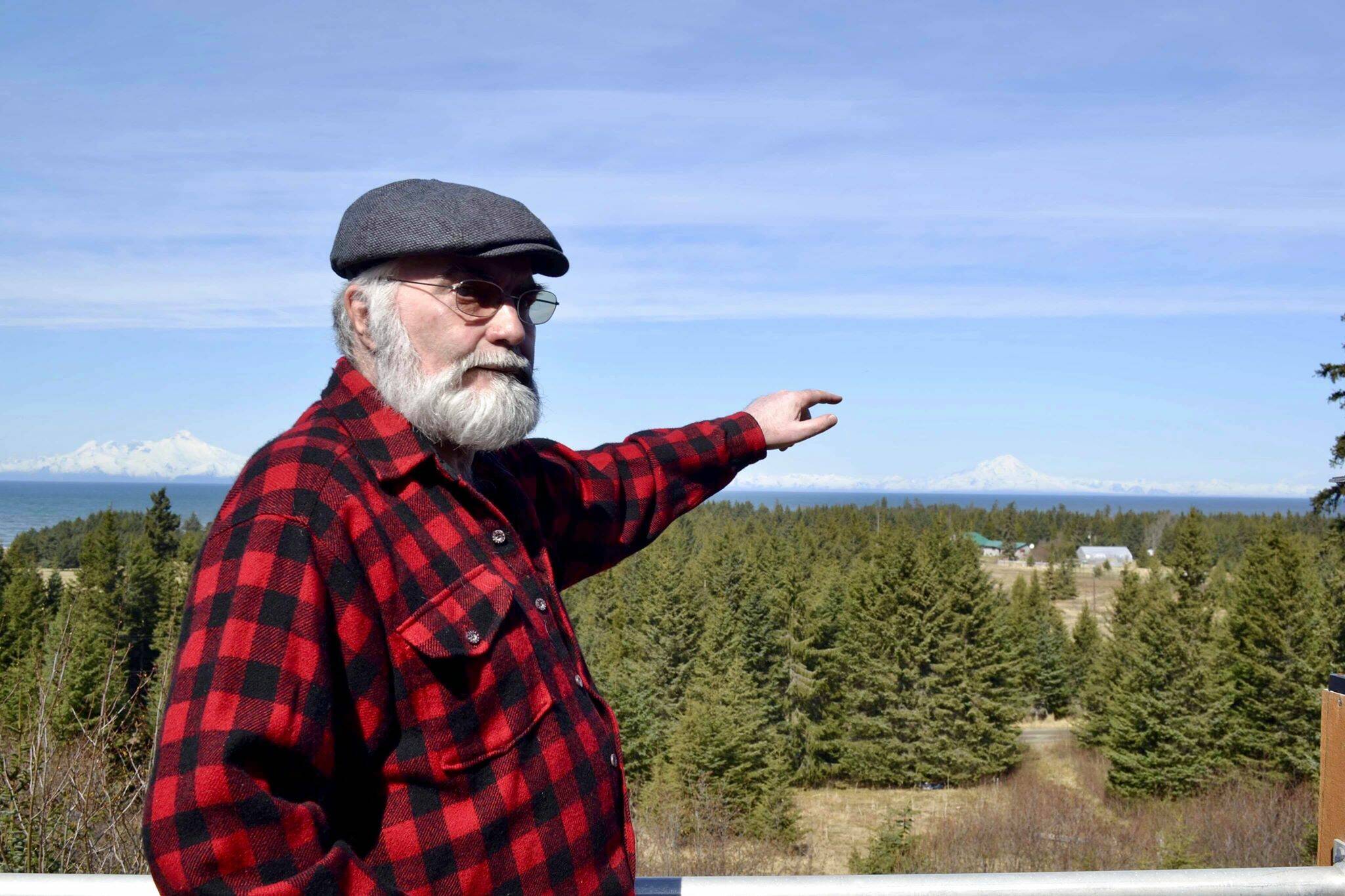The Kenai Peninsula Borough Assembly at its meeting next Tuesday, Jan. 18, will again consider an ordinance that would change standards for sand, gravel and material sites. Asked to be on the agenda by borough Mayor Charlie Pierce, Ordinance 2021-41 comes back on the table after the assembly in January 2020 voted down an earlier amended and substitute version. Ordinance 2021-41 is that substitute version.
The ordinance also follows a decision by the Alaska Supreme Court on Dec. 29 that upheld a Kenai Superior Court decision ruling that the Kenai Peninsula Borough Planning Commission has the authority to deny gravel pit permit applications.
After the Supreme Court denied a petition for review by the gravel pit owner, Emmit Trimble of Beachcomber LLC, the superior court decision stood. The decision by Superior Court Judge Jason Gist remanded to the planning commission the application to consider if Trimble’s conditional land use permit, or CLUP, meets the standards of borough code. If the commission determines no condition in borough code can minimize visual and noise impacts as set in borough standards, it may deny the CLUP, Gist wrote.
At its meeting Monday night, the planning commission set a hearing date of Jan. 25 to consider Trimble’s CLUP under the guidelines of Gist’s ruling. It meets at 7:30 p.m. in the Betty J. Glick Assembly Chambers in Soldotna.
The Beachcomber gravel pit on Danver Road near the Anchor Point beach has been an ongoing controversy in the residential and recreational neighborhood. The proposed site is near the beach and downhill from homes on a ridge above it. Neighbors argued that because they would look down on the gravel pit, a berm wouldn’t be tall enough to obscure the view or noise.
The commission denied the CLUP in June 2018, saying that noise and visual disturbance could not be sufficiently reduced with any buffer or berm that could be added. Trimble appealed the denial, and in December 2018, Hearing Officer Holly Wells remanded the CLUP to the commission, and the commission determined the permit could meet standards.
A group of nearby homeowners, Hans Bilben and others, appealed the commission’s granting of the permit. Another hearing officer upheld the permit, and Bilben et al. appealed to the superior court. Gist’s decision granted their appeal, with the remand. Trimble asserted that the commission was required to approve his CLUP if it’s consistent with the unzoned rural area at issue, and said that borough code favored material site operators. Gist ruled that the commission could deny a permit if it found standards as set in borough code “cannot be sufficiently satisfied.”
Bilben said Ordinance 2021-41 would loosen the standards in borough code regarding material site operators. The new version would only require material site operators to meet specific conditions and not standards, he said in a phone interview.
For example, in a section on standards, it deletes the word “minimize” in regards to standards like noise disturbance and changes it to “protects.” A section on buffer zones is deleted and replaced with a new section. The old section says that buffer zones “shall be of sufficient height and density to provide visual and noise screening of the proposed use as deemed appropriate by the planning commission or planning director” — that is, a standard. The new section says that the buffer zone may include “undisturbed natural vegetation, a minimum six-foot fence, a minimum six-foot berm or a combination thereof.”
For information on the assembly and planning commission meetings, visit the calendar at https://kpb.legistar.com/Calendar.aspx, with links to Zoom meeting details and the agenda. The assembly meetings at 6 p.m. next Tuesday in the Betty J. Gick Assembly Chambers in Soldotna.

